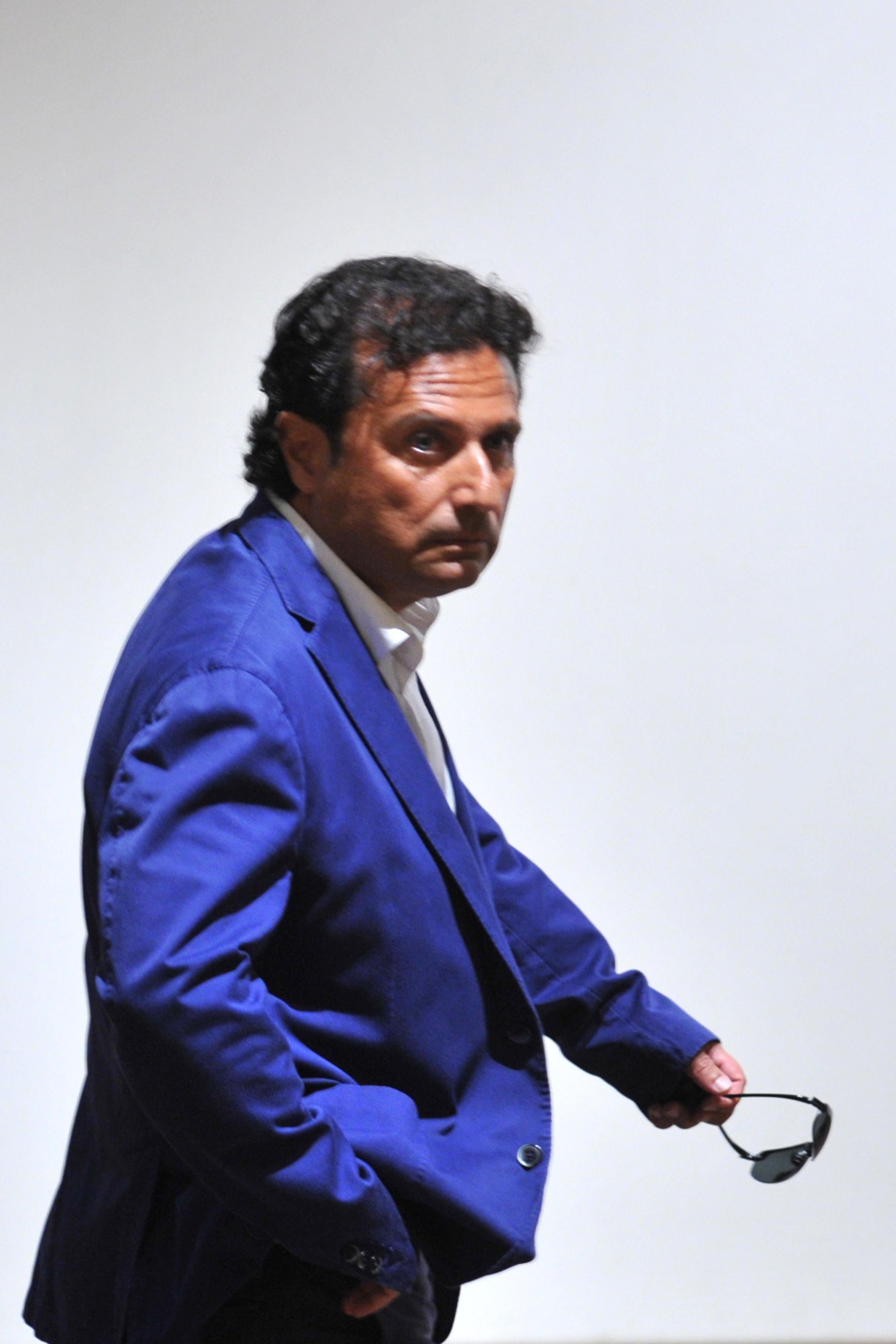Crime is Slate’s crime blog. Like us on Facebook, and follow us on Twitter @slatecrime.
The trial of Capt. Francesco Schettino has resumed in Italy today, in a Tuscan theater not far from where, last year, he allegedly wrecked the Costa Concordia cruise ship through gross negligence and incompetence, killing 32 people and injuring many more. (The trial was delayed for a week because of a nationwide lawyers strike, this being Italy and all.) Authorities allege that Schettino was showing off for a crowd on the shore when, on Jan. 13, 2012, he unwisely maneuvered the Costa Concordia into shallow waters near Isola del Giglio and slammed into a reef, tipping the ship on its side. After allegedly causing the accident, he allegedly fled to shore and left the passengers to fend for themselves. Schettino, who has been charged with manslaughter, has pleaded not guilty, and claims that he is, in fact, a hero.
The trial raises an interesting question: When, if ever, should “pilot error” be considered a crime? The United States does not typically prosecute pilots and captains for their roles in wrecks, unless they were intoxicated or otherwise unfit to be at the helm. But in other countries, it is not uncommon to see pilots, captains, or other drivers of large conveyances prosecuted for their roles in causing crashes and wrecks. In the wake of the recent Asiana Airlines crash at San Francisco International Airport, a fascinating thread on the website Flyertalk asked whether the pilots might be held liable for the accident. Amazingly, the answer was They could possibly be prosecuted in South Korea. South Korean law states that any “person who damages or destroys by negligence an aircraft, airfield, airfield facilities or navigation safety facilities, or causes any danger in aviation by other ways, or crashes or overthrows the aircraft in flight, shall be punished by imprisonment or without prison labor for not more than one year, or by a fine not exceeding twenty million won.”
Laws like this make no real sense. In a 2010 article for the International Journal of Applied Aviation Studies, Sidney Dekker noted several reasons why such legislation is counterproductive. Criminalizing pilot error only serves to reduce participation in safety investigations and “discourage people from reporting their mistakes,” writes Dekker. In other words, prosecuting pilots and captains arguably makes the seas and skies less safe.
I believe the good old United States has it right here: These sorts of prosecutions are justifiable only in cases of inebriation or gross negligence. In Schettino’s case, the prosecution alleges that he knowingly steered the Costa Concordia into unsafe waters as part of a publicity stunt for the cruise line. After the ship crashed, an aggravated Coast Guard captain apparently had to get on the radio and yell at Schettino to get him back on board; their entertaining conversation is worth excerpting:
[Coast Guard Capt. Gregorio] De Falco: You go aboard. It is an order. Don’t make any more excuses. You have declared “abandon ship.” Now I am in charge. You go on board! Is that clear? Do you hear me? Go, and call me when you are aboard. My air rescue crew is there.
Schettino: Where are your rescuers?
De Falco: My air rescue is on the prow. Go. There are already bodies, Schettino.
Schettino: How many bodies are there?
De Falco: I don’t know. I have heard of one. You are the one who has to tell me how many there are. Christ.
Schettino: But do you realize it is dark and here we can’t see anything …
De Falco: And so what? You want go home, Schettino? It is dark and you want to go home? Get on that prow of the boat using the pilot ladder and tell me what can be done, how many people there are and what their needs are. Now!
Nobody will argue with the decision to prosecute this guy. But in less egregious cases, putting a captain on trial seems like it’s usually the wrong move.
